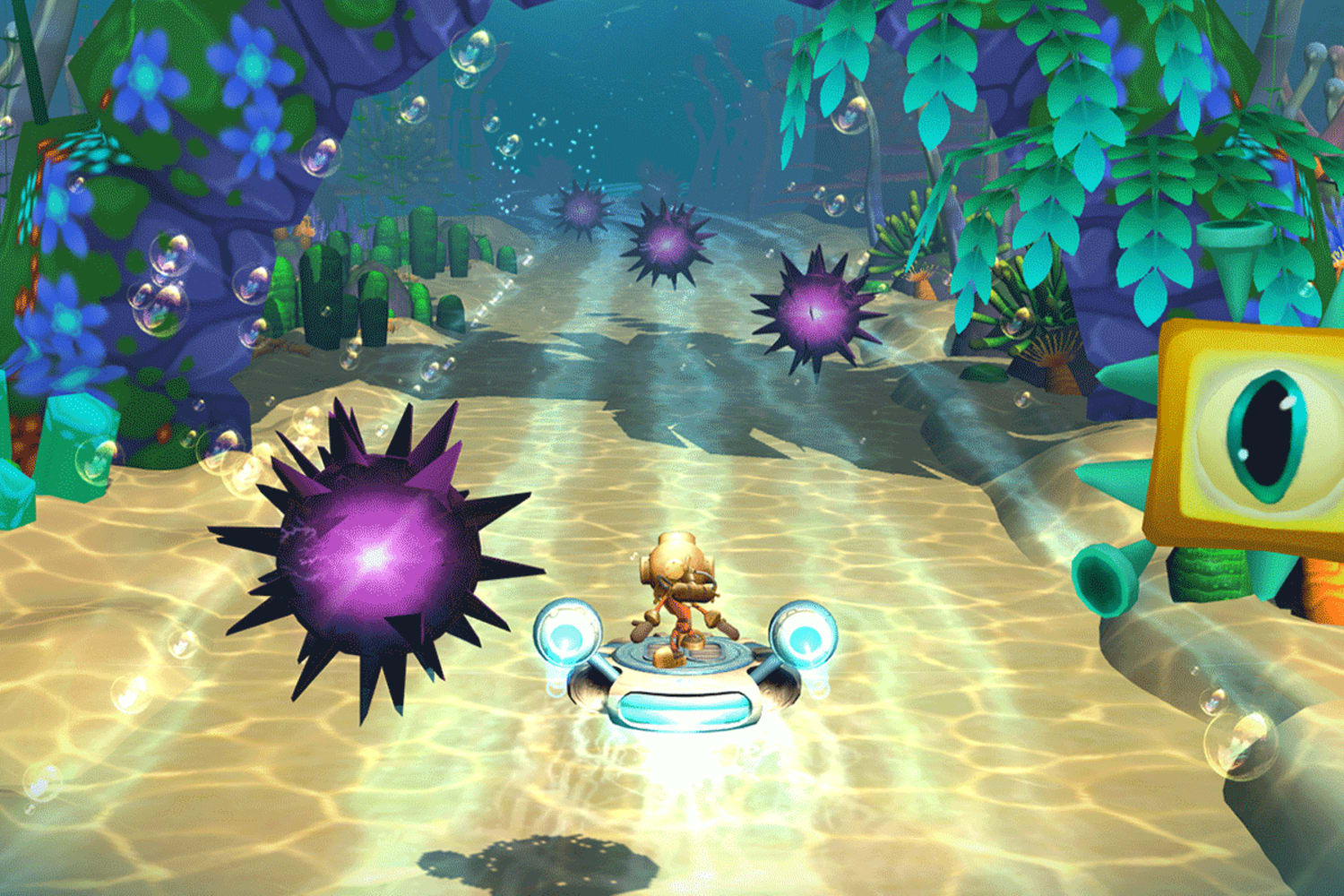An emerging class of techceuticals is pressing play on the future of health management. Doctors are prescribing video games and virtual reality (VR) to treat conditions like brain fog, attention deficit hyperactivity disorder (ADHD), depression and post-traumatic stress disorder (PTSD).
Could video games help cure cognitive dysfunction? Some doctors think so. In April 2021, digital therapeutic company Akili Interactive partnered with Weill Cornell Medicine, NewYork-Presbyterian Hospital and Vanderbilt University Medical Center to evaluate a video game as a treatment for COVID-19 patients experiencing brain fog.






